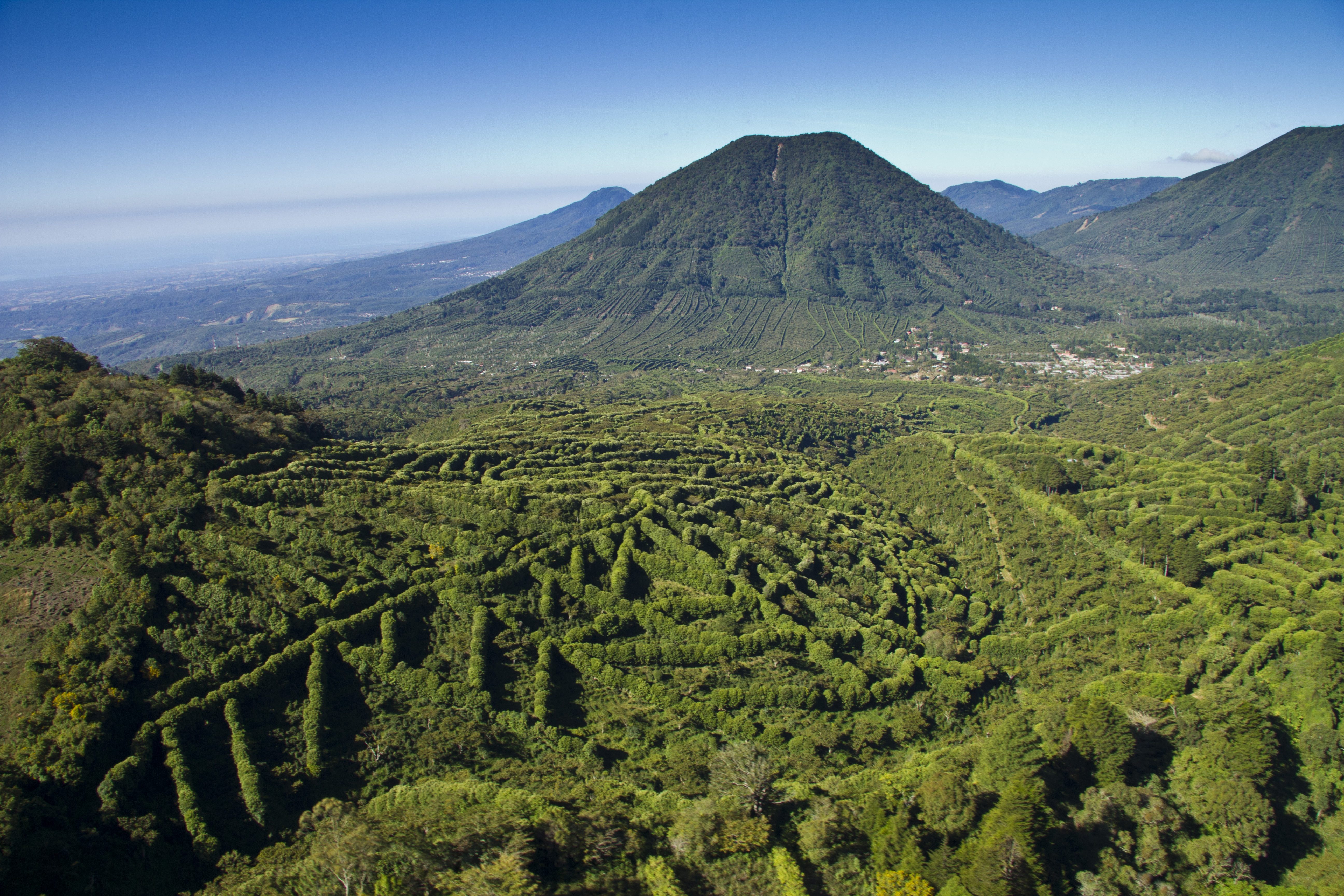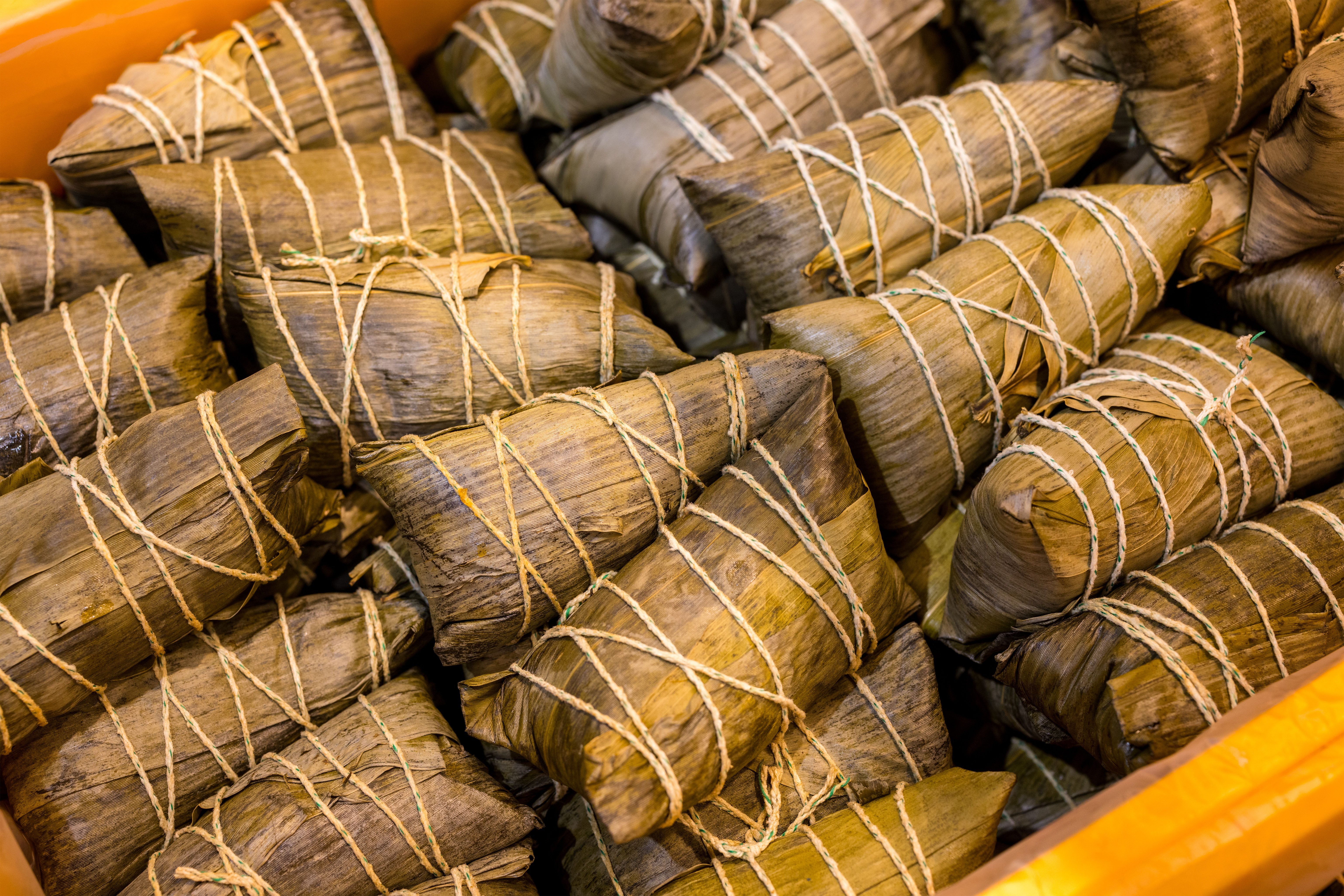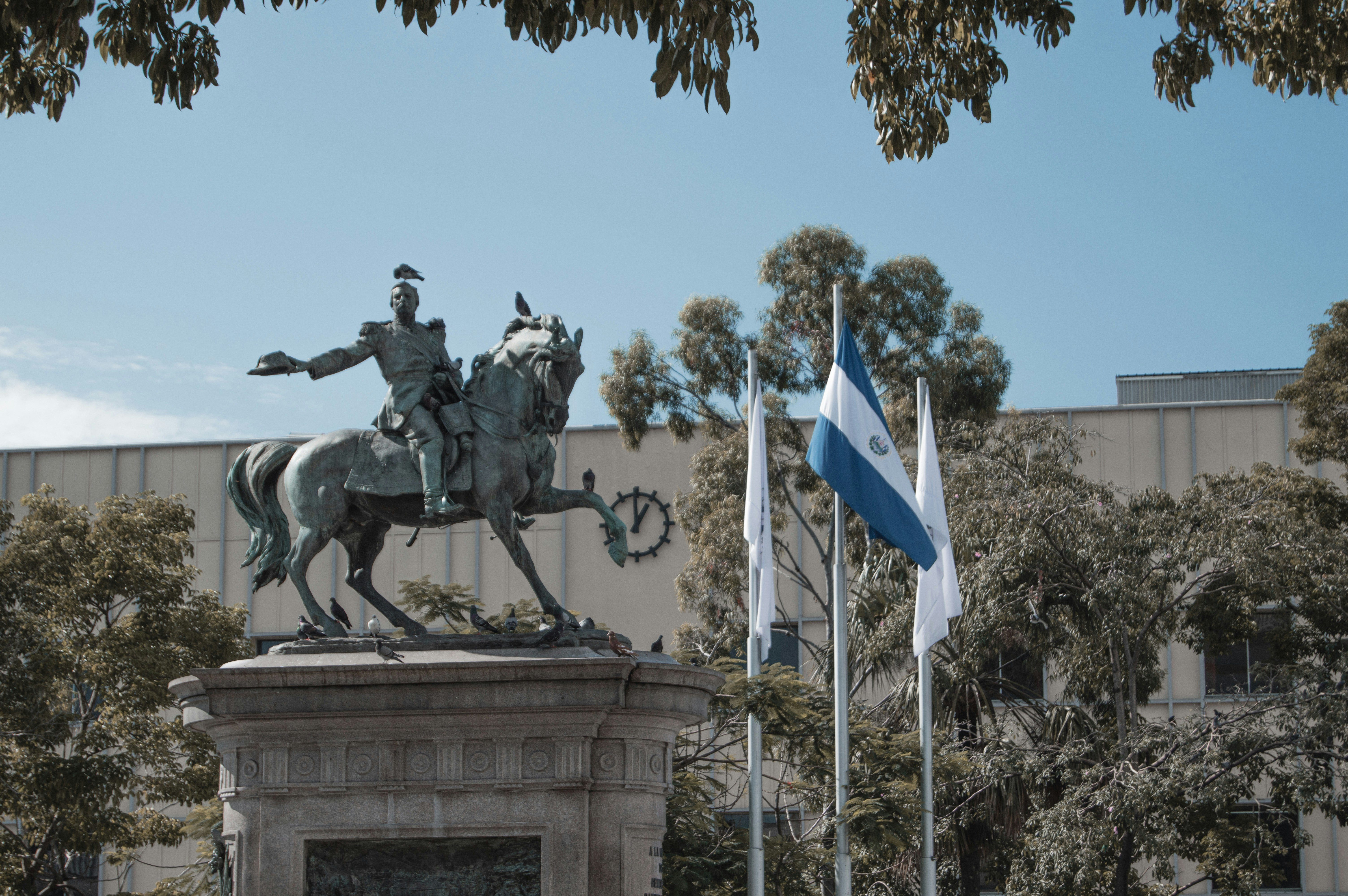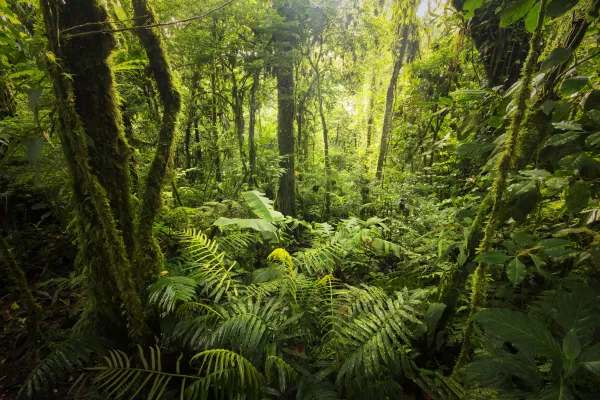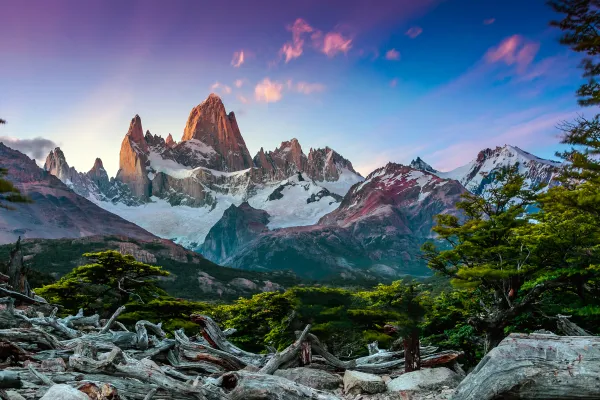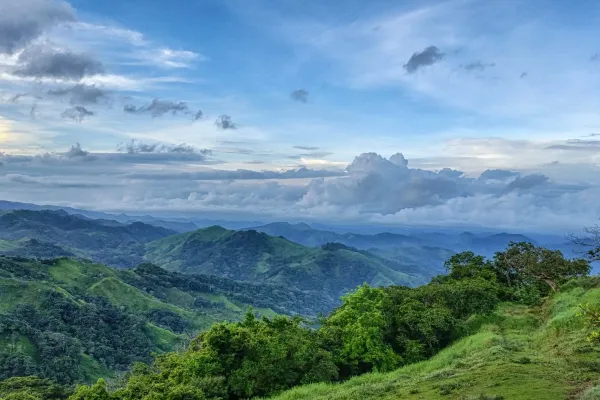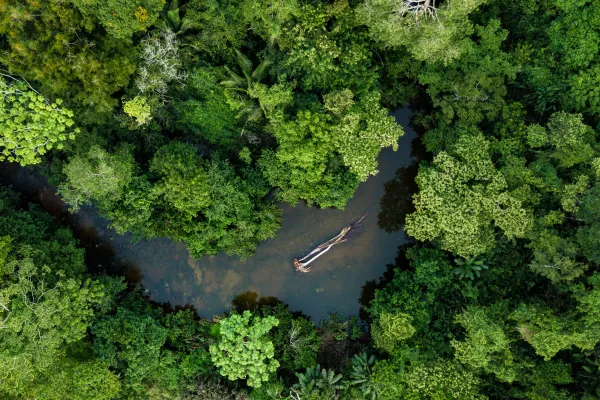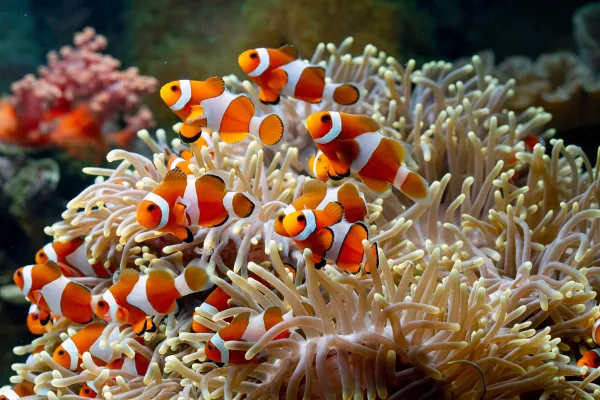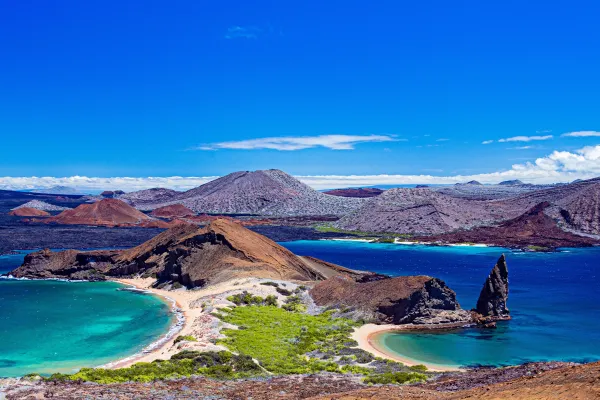El Salvador’s new tourism era
El Salvador is emerging as a dynamic travel destination, inviting global travellers to explore its breath-taking landscapes and rich cultural heritage.
Renowned for its stunning coastlines, lush rainforests, and vibrant history, the country is experiencing a profound transformation as it ushers in an influx of visitors. This newfound attention, driven by enhanced safety and improved infrastructure, marks a significant milestone for El Salvador.
In 2022, El Salvador saw approximately 2.5 million tourists, a number that surged to a record 3.96 million in 2024. For 2025, the Tourism Ministry has set an ambitious goal of over 4.2 million visitors.
As it embraces this exciting new era of tourism, it is crucial to approach growth with thoughtfulness, ensuring that development harmonizes with the preservation of its unique charm and supports the well-being of its local communities.
Embracing responsible tourism practices will help protect the essence of what makes El Salvador a truly exceptional destination.
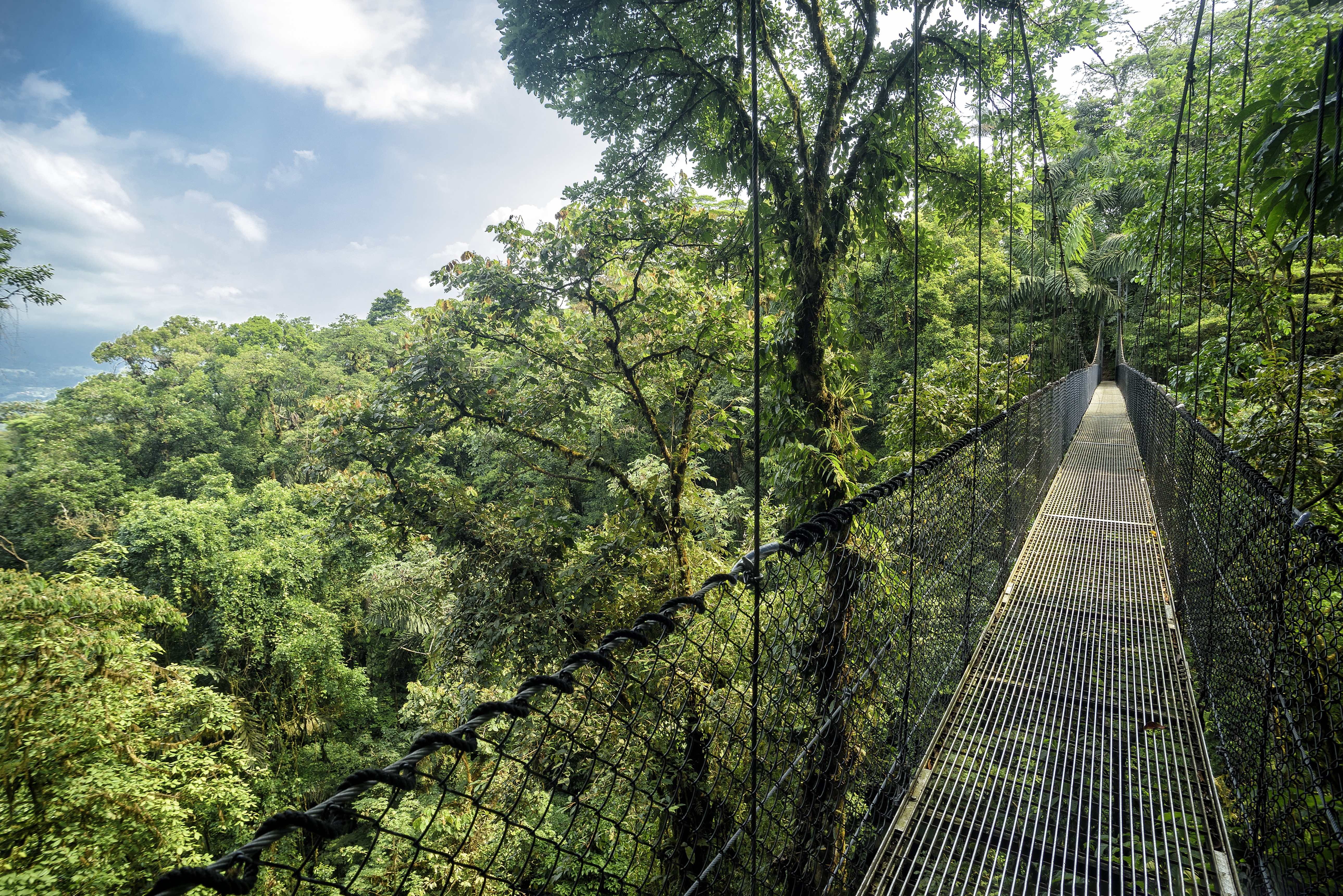
From past challenges to a future of hope: El Salvador’s journey
El Salvador’s evolution from a period marked by conflict to a flourishing travel destination stands as a testament to the country’s resilience and potential.
Once overshadowed by a 12-year civil war and ongoing issues with high crime rates and gang violence, El Salvador is now stepping into a new, promising chapter. Strategic investments in security and infrastructure have helped shed its old image, transforming El Salvador into an alluring destination that is attracting visitors from every corner of the world and even landing it on the New York Times list of destinations to visit in 2024.
Coastal towns like El Tunco and El Zonte have gained fame as world-renowned surfing spots, while national parks such as Cerro Verde and El Imposible attract nature enthusiasts seeking adventure. The vibrant capital, San Salvador, and colonial towns like Suchitoto are also experiencing renewed interest, offering a blend of traditional and contemporary experiences.
However, this exciting growth comes with challenges. The surge in large-scale projects, including mega-resorts and commercial developments along the coast (i.e. the controversial “Surf City”), which are designed to create a wave of new jobs for locals, poses a threat to the country’s unique landscapes and smaller, community-driven businesses.
As El Salvador embraces this new chapter, it is essential to balance tourism development with environmental preservation to ensure that the country’s natural beauty and cultural heritage continue to thrive.
The impact of rapid development
Unchecked development poses serious risks to El Salvador’s delicate ecosystems and local communities.
Large-scale resorts and high-rise hotels are rapidly transforming once-pristine coastlines into crowded tourist hubs, disrupting natural habitats and straining local resources. This type of profit-driven development often diverts economic benefits away from the communities most in need, threatening the cultural fabric of these areas.
In popular destinations like La Libertad, mega-projects can overshadow eco-friendly, locally owned accommodations that embody the authentic spirit of El Salvador. These large resorts prioritise convenience and luxury, often at the expense of environmental stewardship and community benefit.
As a result, local businesses struggle to compete, and the vibrant local culture risks becoming overshadowed by mass tourism.
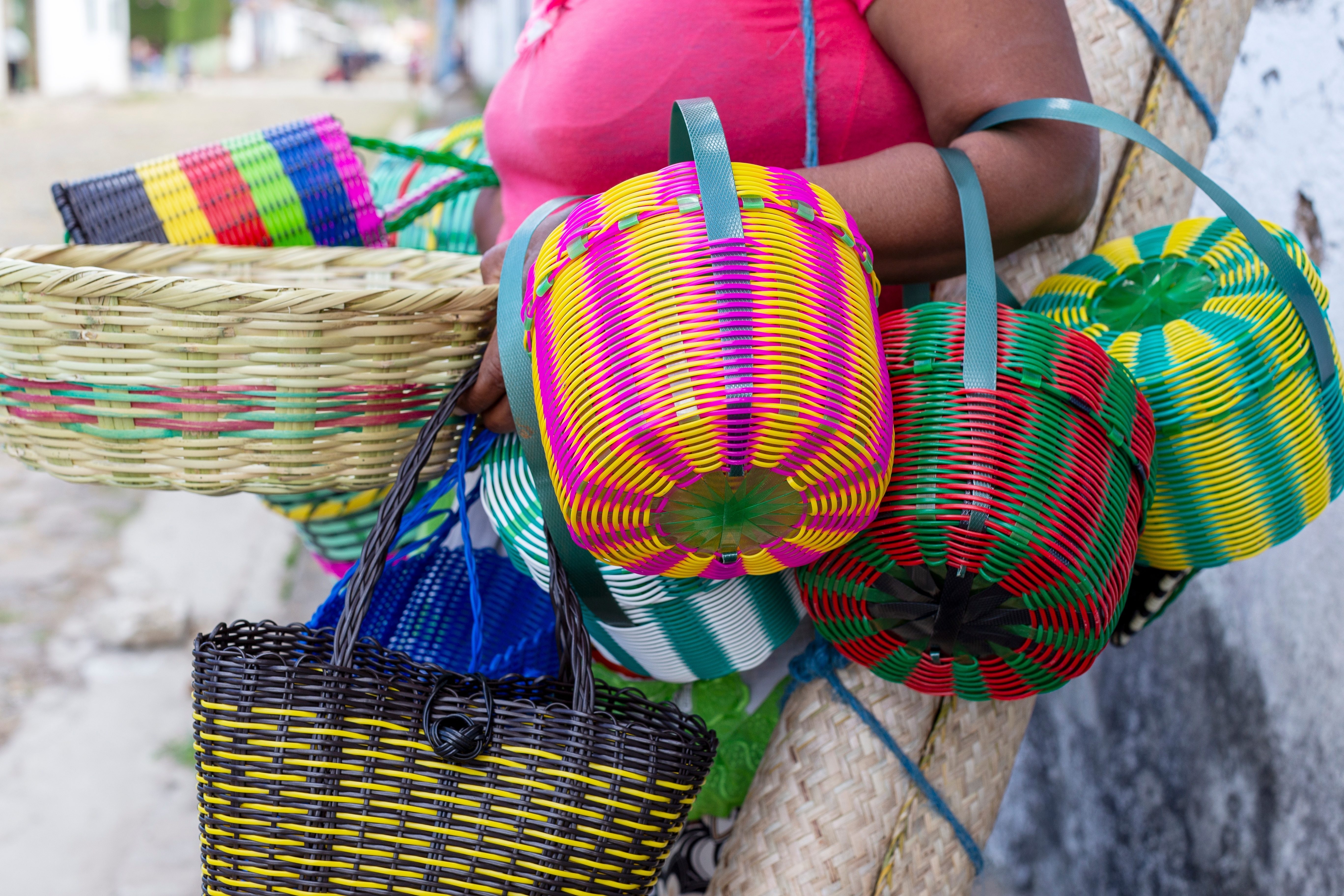
Supporting responsible travel: protecting El Salvador’s heritage
To preserve El Salvador’s unique character amid rapid growth, travellers can make a significant impact by supporting eco-friendly accommodations and community-driven initiatives that prioritize environmental protection and cultural preservation.
Here are some standout examples that embody responsible travel:
- El Imposible Lodge: Located near El Imposible National Park, this eco-lodge offers a low-impact stay that emphasizes conservation and environmental education. Guests participate in guided nature tours led by local experts, contributing directly to protecting one of the country’s most biodiverse regions.
- Mandala Eco Villas, La Libertad: These villas near San Blas beach are designed with natural materials, utilize solar power for energy needs, and have systems in place for water recycling and rainwater harvesting. The property integrates permaculture principles in its landscaping, supporting biodiversity and organic farming and employs waste management strategies, including composting and recycling to minimize environmental impact.
- Women of Barra de Santiago (AMBAS): This community-led initiative offers immersive experiences like mangrove tours and turtle conservation projects, managed by local families. By supporting this project, travellers help protect fragile ecosystems and ensure that tourism revenue benefits local communities. Learn more about how new development projects are threatening the mangroves, here.
- Entre Café Experience, Los Naranjos: this organization promotes agrotourism by showcasing the cultural importance of coffee in El Salvador. Set within six organic fincas, the initiative supports local biodiversity, uses coffee residues for compost, and emphasizes water conservation. Employing around 50 rural workers, the finca offers guided hikes, glamping, and an on-site restaurant serving regional dishes with fresh, locally grown ingredients. Visitors can immerse themselves in nature, exploring diverse flora and fauna while enjoying specialty coffee produced on-site.
Embracing responsible tourism for a balanced future
El Salvador’s emergence as a vibrant travel destination is an inspiring chapter in its history, offering new opportunities for growth while reminding us of the importance of responsible tourism.
The country’s rich landscapes, vibrant culture, and warm communities deserve to be celebrated and protected. As travellers, we have the power to shape El Salvador’s future by supporting accommodations, tours, and projects that prioritize environmental care and community benefit, ensuring that the rewards of tourism are shared fairly and contribute positively to local livelihoods.
Standing at a crossroads, El Salvador faces a choice between rapid, often harmful development and a more thoughtful approach that honours its unique character. A collaborative effort between the government, local businesses, and conservation organizations is crucial to ensure that local institutions work together toward a common goal.
By aligning their efforts, they can direct strategic investments that promote balanced growth in the tourism sector while implementing strong protective measures to safeguard the country’s natural heritage. By the same token, visitors who engage in eco-conscious travel, support conservation efforts, and choose experiences that respect the land and its people, can help reinforce and empower a tourism model that enhances rather than diminishes the country’s natural and cultural treasures.
Let’s be part of El Salvador’s inspiring story, embracing responsible tourism that uplifts local communities, protects the environment, and celebrates the authentic spirit of this remarkable destination.
Source references:
Latina Republic
Nacla
New York Times
The Guardian
Sign up for the newsletter
By clicking on “Subscribe now” I will subscribe to the Conscious Explorer newsletter with all the information about mindful travel. Information on the success measurement included in the consent, the use of the shipping service provider MailChimp, logging of the registration and your rights of revocation can be found in our privacy policy.

